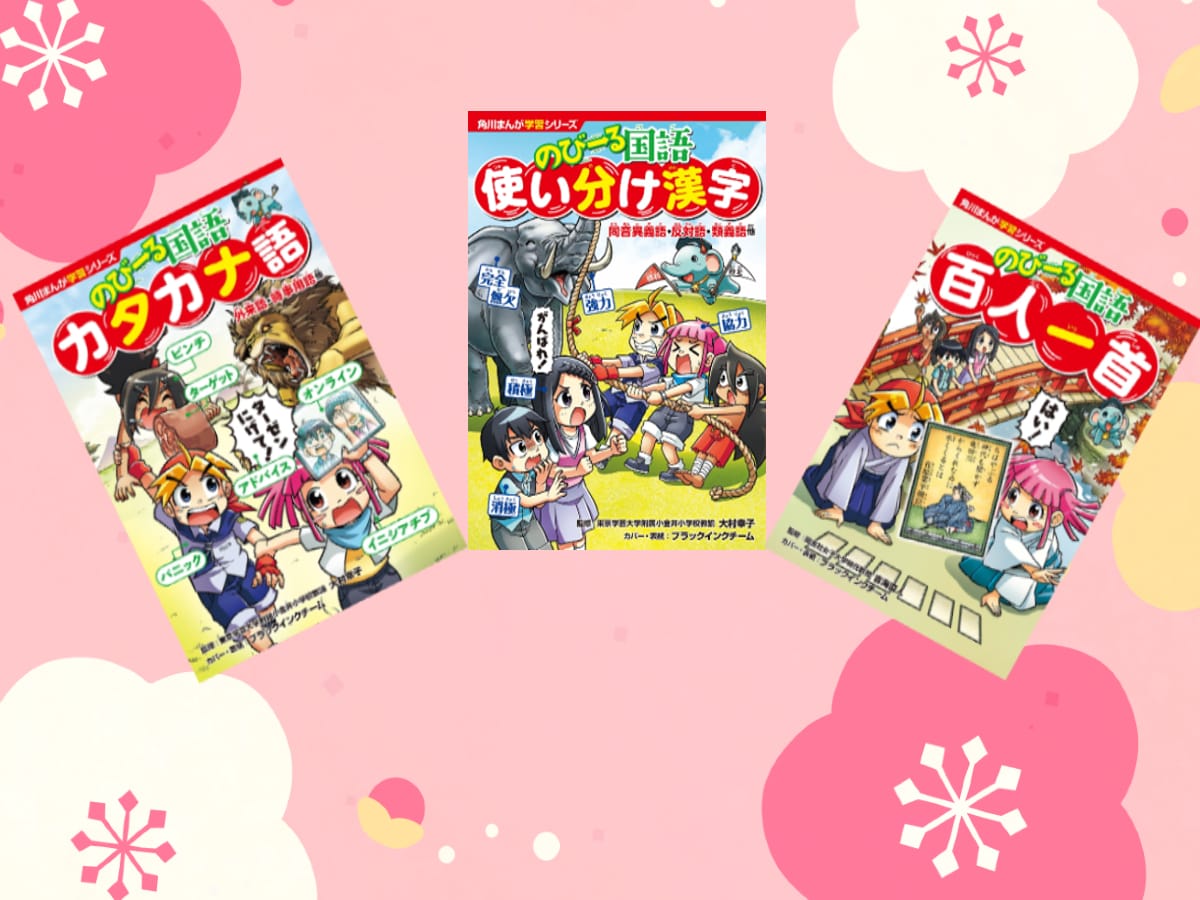
Source: © PR Times, Inc.
Three manga to learn kanji, katakana and old Japanese as recommended by a Japanese teacher
- Tags:
- Hiragana / Hyakunin Isshu / Japanese language / Kadokawa / Kanji / katakana / Language learning / Manga / recommendation
Related Article
-

Owner comes across a small surprise while grooming her dog [manga]
-
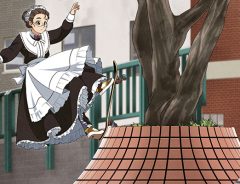
Japanese Illustrator Suzushiro Puts Maids on Skateboards And We Can’t Complain
-
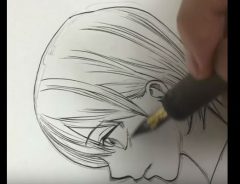
Pro Manga Artist Shares Drawing Tips For Aspiring Artists In 2-Minute Clips
-

Debate: “Leashes make kids look like pets!” Manga artist’s genius rebuttal wins praise online
-
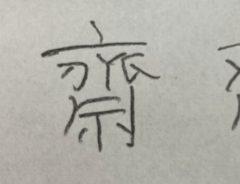
Kanji “trick” for writing complicated Japanese family name draws laughter online
-
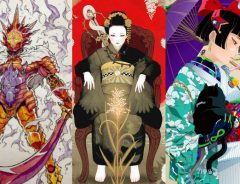
The Best and Brightest of Japan’s Twitter Artists


Good news for Japanese learners!
Kadokawa Corporation has published three new books about the Japanese language. The three books are part of the のびーる国語 nobīru kokugo (stretch your Japanese language skills) series, which is popular among elementary school students in Japan.
The books are for studying, but in manga style!
These are the recurring characters in this book series. Studying with them must be fun!
However, the series isn't only good because of these these manga-style characters. The contents are inspected by elementary school teachers and professors, which enables readers to study enjoyably and effectively. Judging from the sample pictures in the press release, I’m sure that these books are very useful for Japanese learners at intermediate to advanced levels and even for professional translators.
As a writer who has a Japanese teacher certification, I’d like to introduce these books!
Kanji book
If you want to study kanji compounds, I strongly recommend this kanji book. The official title is 角川まんが学習シリーズ のびーる国語 使い分け漢字 同音異義語・反対語・類義語他 kadokawa manga gakushū shirīzu nobīru kokugo tsukaiwake kanji dō'on'igigo hantaigo ruigigo hoka, an approximate translation of which is "Kadokawa manga learning series - stretch your Japanese language skills: proper use of kanji, homonyms, antonyms, and synonyms, etc."
If you have already started studying Japanese, you may know that many Japanese kanji compounds have the same pronunciation, but can express different meanings depending on the kanji used. With this book, you can make learning such very confusing kanji compounds fun!
Look at the sample above. This page explains the word kyōsō. There are two kinds of kanji compounds, 競走 (kyōsō) and 競争 (kyōsō).
競走 (kyōsō) means “to race and compete/compare speed over a certain distance.” It would be the compound to use if you want to say “Let’s see who can run 50 meters faster.” In Japanese, it would be 「50メートル競走しよう」 gojū mētoru kyōsō shiyō.
競争 (kyōsō), on the other hand, means competition. 競争 can be used not only for speed but for any kind of competition. For example, imagine you want to say: “I’ll compete with my friends to see who can get the higher test score.” in Japanese, it is 「友達とテストの点を競争する」 tomodachi to tesuto no ten o kyōsō suru.
Very clear explanations for such confusing kanji compounds are written in simple Japanese with furigana in this book. As each kanji appears in the story of the manga, it’s also easy to imagine which compound would be appropriate for each situation. You can also learn antonyms and synonyms.
Katakana book
My next recommendation is this book about katakana words. The title is 角川まんが学習シリーズ のびーる国語 カタカナ語 外来語・時事用語他 kadokawa manga gakushū shirīzu nobīru kokugo katakanago gairaigo jijiyōgo hoka, which can be translated as "Kadokawa manga learning series - stretch your Japanese language skills: katakana words, foreign loan words, buzzwords, etc."
Katakana words are just as important as kanji words. This is especially true now because countless katakana words are used every day in Japan. Another reason to learn katakana words is to avoid sounding too stiff. If you use a kanji word even in situations where the katakana version of the word is more common, you will sound way more formal to listeners.
If you simply look up how to say “advice” in Japanese, for example, you’ll probably find the word 助言 jogen in the dictionary and you might use it without thinking too much. However, Japanese native speakers use アドバイス adobaisu more than 助言 in daily conversation. I don’t mean to say that 助言 is wrong, but it sounds far more serious and formal than アドバイス. So, when native speakers want to ask their friends “Do you have any advice?” they will ask 「アドバイスある?」 adobaisu aru?, not 「助言ある?」 jogen aru? because 助言 sounds too formal.
The origins of katakana words are foreign languages, so some of them could be your native language. However, the pronunciations are sometimes too different from the language of origin for native speakers to notice. Therefore, in order to get used to and master katakana words, you need to increase your katakana vocabulary. This book could be very effective for that purpose!
Hyakunin Ishhu book
The last book is slightly different from the other two I reviewed above. The title is 角川まんが学習シリーズ のびーる国語 百人一首 kadokawa manga gakushū shirīzu nobīru kokugo hyakunin isshu. This book is rather for people who are interested in Japanese culture, old-style Japanese, and the anime ちはやふる Chihayafuru, for example.
It's about 百人一首 hyakunin isshu, a kind of card game from the Heian era (around the 12th century). A poem is written on each card. As the poems are written in old Japanese, they're quite difficult to understand, even for Japanese native speakers. To help you out, this book has modern Japanese translations and manga stories to explain the meanings.
If you find any of these three books interesting, why not try studying with them?
As I mentioned earlier, the books use furigana to help readers with the kanji, so if you want to start studying the Japanese language only in Japanese, these books might provide you with the perfect opportunity to do so!
Information
Note: You may need to use a proxy shopping service such as Buyee or White Rabbit Express if you'd like to have it shipped internationally.